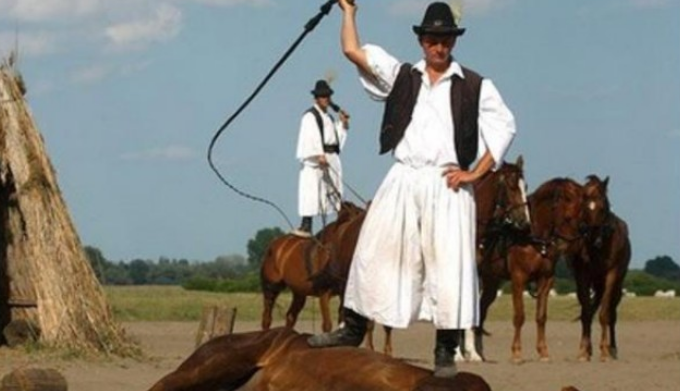
釋義:
To bring up an issue that has already been concluded;提出一件一件結(jié)束的事情 something that's considered to be pointless. 做沒有意義的事情;
來源:
This phrase may originate with horse racing, 這個詞組最早來源于賽馬比賽。where horses are sometimes "beaten" by their riders to get them moving faster. 比賽中馬被騎手趕著以跑的更快。Depending on the rules, a jockey usually has access to a riding crop, which is sorta like a miniature whip, 根據(jù)規(guī)則,騎手可以手持一個短馬鞭 and this is used to slap the horse on the thigh.這個馬鞭用來擊打馬的屁股。 The horse responds either by running faster, or not at all if it's too tired.馬就會因此跑的更快,或者因為太累而根本沒有反應(yīng)。
While there is much controversy involved with how race horses should be treated, 與此同時,如何對待比賽的馬兒也人們也很有爭議;the purpose of "beating" horses during a race is to make them go faster. 擊打馬兒的目的是讓他們跑的更快On the other hand, if the horses were dead, then there wouldn't really be much of a or point in beating them. 另外一方面,如果馬兒死了,那么打他們就沒有什么意義了。Thus, the pointlessness of beating a dead horse would eventually go on to apply to other things.所以慢慢地,去拍打一個死馬也被慢慢地用來指代做沒有意義的事情;
舉例:
1.I hate to beat a dead horse, but it is very important that you understand this before you leave.
我不想多此一舉。但你離開以前必須了解這個。
2.Why do you insist on beating a dead horse by bringing up these ancient problems of ours?
你為什么總是翻舊賬呢?











